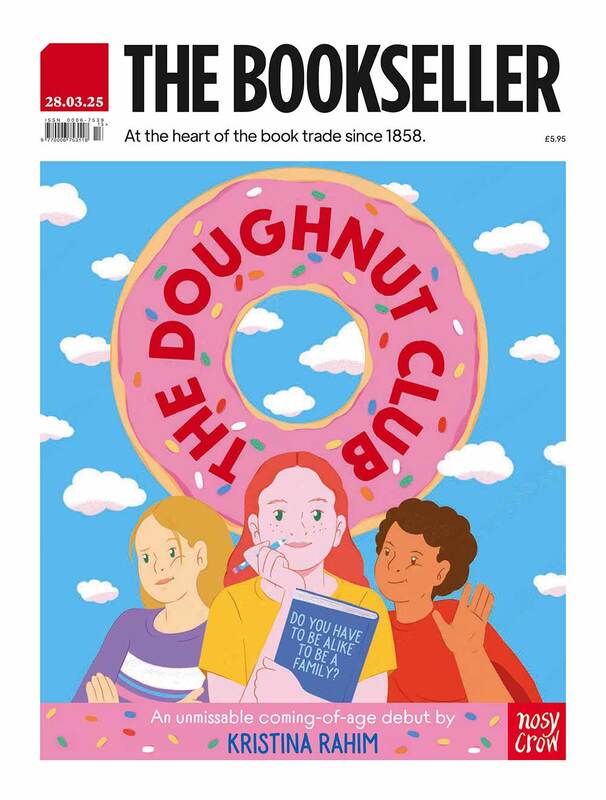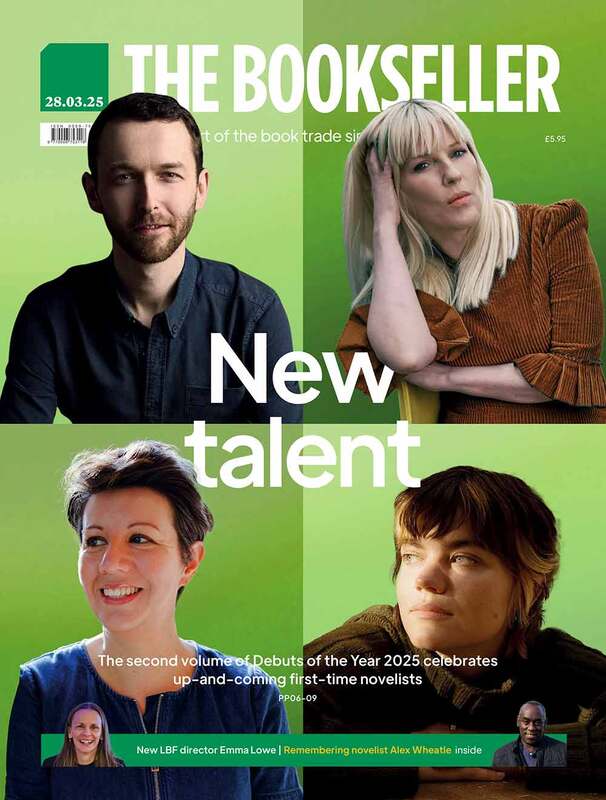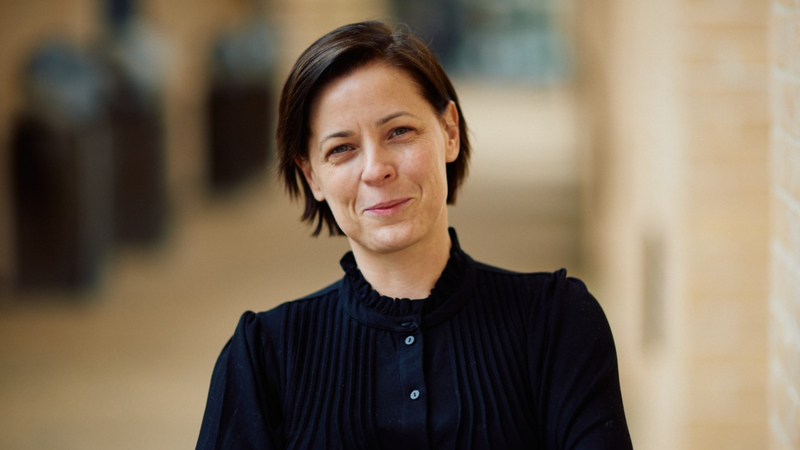You are viewing your 1 free article this month. Login to read more articles.
What can we do about Meta?
Authors are up in arms about Meta’s use of LibGen to train AI – and some are taking action.
March 20th started as a happy day. I was planning the social media cover and pre-order reveal for my fourth novel, The Woman Next Door, when I read an author friend’s post on X saying that all her novels had been scraped by Meta to train its artificial intelligence (AI) – without her consent.
With a feeling of doom, I went to the Atlantic article she’d tagged, searched the pirate books database (which I’ll not dignify by naming here) and found my three published books were there. My phone then started pinging with WhatsApp messages from friends and author groups sharing despondency, concern and anger at the theft of their books. We’d all been affected. Let’s make no bones about it: the billionaire founder of Meta appears to have stolen our copyrighted work to swell his coffers and train AI that could put authors and writers out of work in the future.
With the average author earning an unsustainable £7,000 according to the Society of Authors, every penny counts. It’s not just the financial loss that depressed me though; it’s the knowledge that a multinational company is so powerful that it can flout copyright law and bank on getting away with it. What can we Davids do to stand up to this Goliath?
Suspense novel and historical fiction author Vikki Patis reacted quickly when she discovered her novels were in the pirated database. "The idea that a company with a market capitalisation of £1.147 trillion actively chose not to seek consent from or compensate the writers of the work they allegedly exploited is a level of unfairness I’m extremely uncomfortable with," she told me. Galvanised by seeing fellow authors angry and despondent she started a grassroots open letter expressing deep concern about this unfair and unauthorised use of copyrighted material. Having raised £5,000 in 2022 in a BookFuel campaign, she is no stranger to activism. "I wanted it to feel like we were doing something, however small," she says. To date, the open letter has been signed by more than 300 writers and counting, including bestselling authors Trevor Wood, Rowan Coleman, Anna Bailey, Marian Todd and Claire Fuller.
When I was researching this piece, one author told me he’d asked ChatGPT: ‘Do you think it is ethical for Google, Meta, ChatGPT, etc. to use an author’s creative work without permission or compensation?’
The Society of Authors has condemned Meta’s actions and offers advice on what authors can do. Patis points out that Meta’s actions do not just affect authors. With her open letter she "wanted to make it clear that it affects creators from a range of industries (including journalists, academics and poets, and both traditionally and self-published authors) by amplifying our voices. There’s much to divide us, so I wanted this to be an opportunity for us to stand together".
What remains to be seen is whether grassroots campaigns, along with objections from UK creative organisations, will make any difference to the actions of the US company, particularly with President Trump calling for deregulation of the AI industry. With the UK government’s AI bill delayed until the summer, we have to wait to find out whether future laws will give us protection from AI copyright theft and if an opt-in rather than an unworkable opt-out model will be adopted. "We should not be weakening copyright law in favour of AI companies," states Patis.
Until then, there are lots of unanswered questions. A HarperCollins author told me they want to know if Meta’s actions will affect their publisher’s scheme of offering payments to authors for AI usage. Another said they were advised by a writer not to search their name as it would alert the system to their work, and pondered whether this is an urban myth. One writer signed to an indie publisher wants to know if indies have even less power than the Big Five publishers against Meta’s seemingly bottomless pit of dollars to pay their lawyers and whether the Small Press Alliance will receive support to protect their works.
Amid this uncertainty, life still goes on. My social media cover launch went ahead, albeit with a bittersweet taste knowing that Meta may flout my copyright again and steal my new novel. As writers, it can feel that we’re on borrowed time before cheap AI books are churned out and put genre authors out of work, a subject I covered in my not-quite-a-satire short story Death of a Publisher. Yet authors’ love of writing and need to be creative will never be suppressed by AI, and machine-generated works will remain just that – without a soul.
When I was researching this piece, one author told me he’d asked ChatGPT: "Do you think it is ethical for Google, Meta, ChatGPT, etc. to use an authors’ creative work without permission or compensation?" The long answer he received ended with this: "It appears ethically problematic for AI companies to use authors’ creative work without permission or compensation."
There you have it from the AI horse’s mouth. Meta – take note.





















